Beware of the sting in China’s tale
Ahead of a key address by China’s ambassador today, his Japanese counterpart warns Australia to remain ‘vigilant’ amid Beijing’s continued aggression in the Pacific.
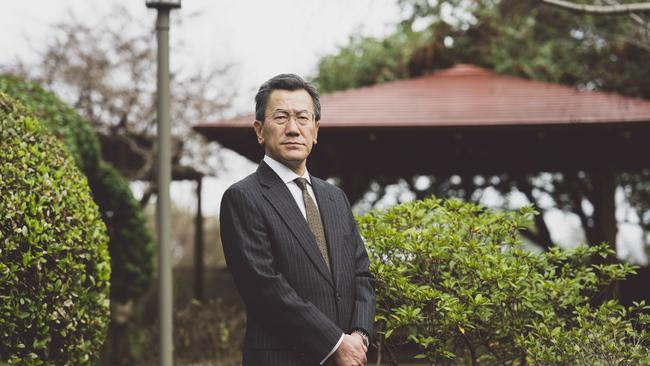
Japan’s ambassador to Australia says the two countries need to remain “vigilant” towards China, arguing Beijing’s more constructive recent tone is yet to be matched by a shift in its behaviour.
Shingo Yamagami called out Beijing’s threats of retaliation against countries that imposed Covid tests on Chinese arrivals, and warned against allowing China to join the Trans-Pacific Partnership trade deal.
He told The Australian that relations between Australia and Japan had expanded at an “exponential pace”, and the countries were now allies “in all but name”.
Japan’s top diplomat in Australia said a new bilateral defence agreement would greatly increase the nations’ military co-operation, predicting an increase in the “quantity and quality” of joint exercises between the ADF and Japan’s 250,000-strong Self Defence Force.
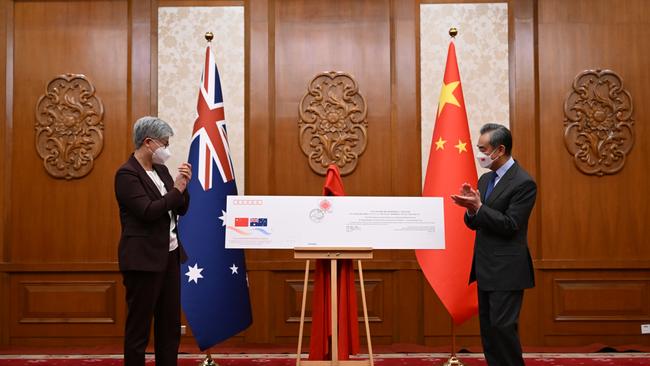
Mr Yamagami welcomed the thaw in Australia-China ties that led to Penny Wong visiting Beijing last month, saying Japan’s Foreign Minister, Yoshimasa Hayashi, was also planning a trip to China after years of strained ties.
“I think this is a good step forward. But at the same time, we have to be vigilant because when it comes to policy and strategy, nothing fundamental seems to have changed on their part,” Mr Yamagami said. “We would like to see this change of tone, change of tactical approach, leading to the change of policies and measures on their part.”
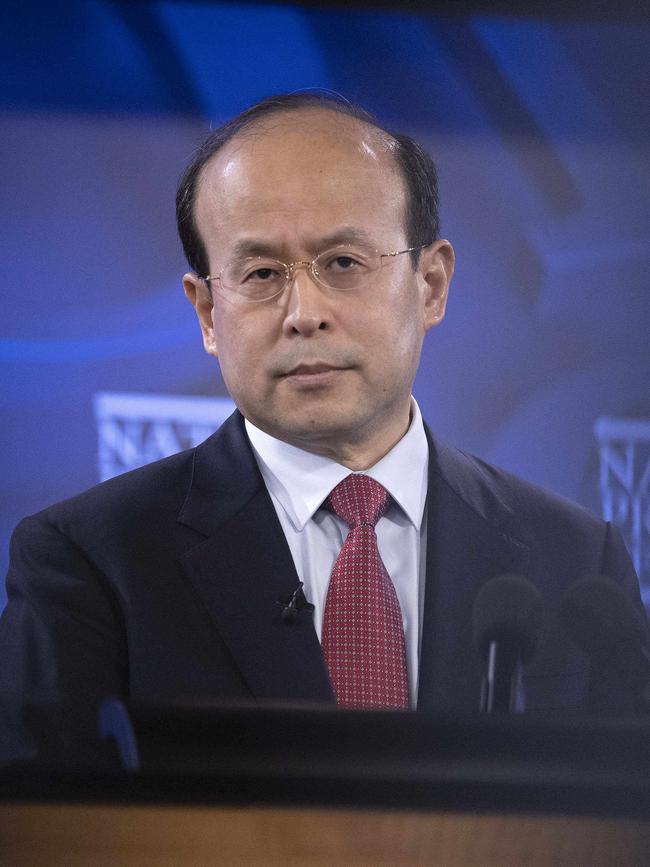
The Japanese envoy’s comments come as China’s ambassador to Australia, Xiao Qian, was set to address the media in Canberra on Tuesday, in his first major appearance of the year.
Relations between Beijing and Australia have markedly improved in the past seven months since Anthony Albanese and Labor came to power.
The new Prime Minister met Chinese President Xi Jinping at the sidelines of the G20 summit last November – the first official meeting between the two nation’s top leaders since 2016 – and Beijing has begun moving towards lifting its ban on Australian coal.
Mr Yamagami said Japan admired Australia’s “resilience and tenacity” in withstanding Chinese trade sanctions, lasting more than two years.
He revealed Tokyo had provided advice and encouragement to Canberra behind the scenes, based on its own experience of Chinese coercion when Beijing banned rare earth exports to Japan in 2010. In that case, Beijing dropped the bans after losing a World Trade Organisation case.
“This kind of comparing notes and exchanging experiences was pretty important, you know, in terms of upholding the rule of law in this region,” Mr Yamagami said. “So we are glad to be able to be of some help to our friends in Australia.”
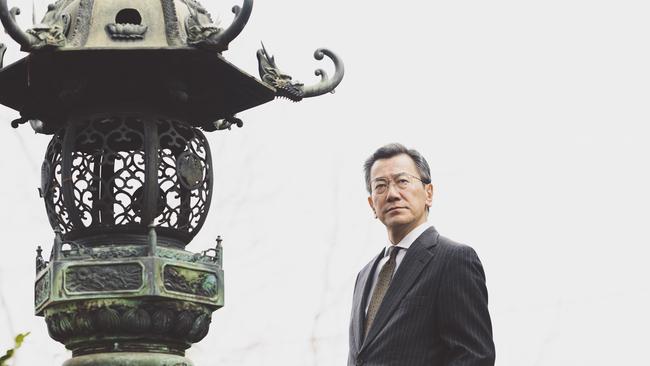
He said Canberra, Tokyo and Washington needed to work closely together to hold China to account as it sought to portray itself in a more positive light after years of coercive conduct.
Despite signs China may be preparing to soften its trade bans on Australia, the Japanese envoy said Beijing had a long track record of “infringing rules and undermining the integrity of the (WTO) framework”.
On that basis, Mr Yamagami said Beijing should not qualify for entry into the 11-nation Comprehensive and Progressive Agreement for Trans-Pacific Partnership.
“We have to start now based on that lesson. And I think every trade diplomat is aware that the CPTPP is setting a higher standard than normal WTO rules,” he said.
Mr Yamagami took issue with China’s threats to impose
“corresponding measures” against countries that demanded negative Covid tests before allowing in Chinese travellers, saying “every country has its right to ensure the wellbeing of its people”.
“As China is entitled to its measures, Japan, Australia and other countries are entitled to their own measures,” he said. “So, I’m a bit concerned about usage of such words as retaliation. What is that for? What is required is enhanced openness, transparency.”
Japan’s new national security policy unveiled less than a month ago labelled China as the country’s “greatest strategic challenge”. It doubled defence spending and introduced a new “counter strike” doctrine for the constitutionally pacifist state.
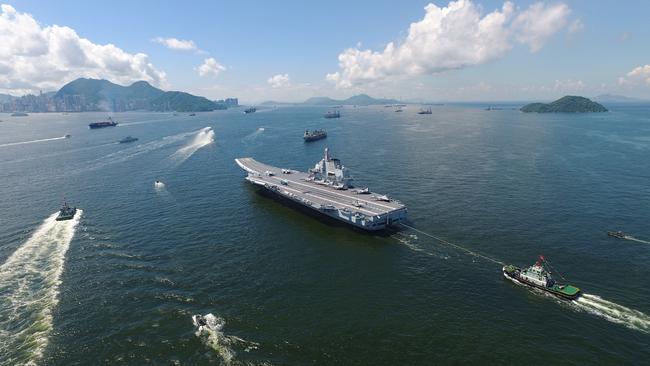
Mr Yamagami said the changes reflected the growing threats facing Japan, with the country’s fighter jets forced to scramble twice a day in recent months to respond to Chinese jets approaching the country‘s airspace. He said the situation was “beyond imagination” for Australia, but “this is the kind of environment we are facing right now”.
Mr Yamagami likened his country’s new hardline security policy to Australia’s push to rapidly obtain new long-range strike weapons, arguing the countries faced similar threats despite Australia’s geographic remoteness. “You cannot sit on the luxury of long distance anymore,” he said. “And if you look at an undue influence of politicians, or investment in infrastructure which could be detrimental to your national security, or cyber attacks, they have nothing to do with distance … I think Australia and Japan are facing common challenges.”
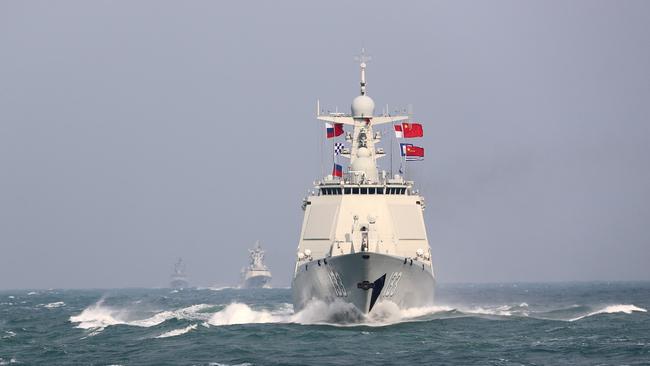
In December, Australia’s treaties committee recommended the parliament ratify a long-awaited “reciprocal access agreement” with Japan that will streamline the movement of defence personnel and equipment between the countries. Japanese MPs are also due to ratify the agreement soon, heralding a new era for military co-operation. Australian F-35s fighter jets are due to participate in Japan’s Exercise Bushido Guardian for the first time later this year, while Japanese F-35s are set to come to Australia for future “rotational deployments”.
The arrangement to bring Japan’s most potent fighter aircraft to Australia mirrors a similar agreement with the US allowing American strategic bombers to operate from Top End airfields.
“This is the kind of co-operation we can now embark on,” Mr Yamagami said. “This is something Japanese security experts and diplomas could not imagine 10 years ago, 20 years ago.”
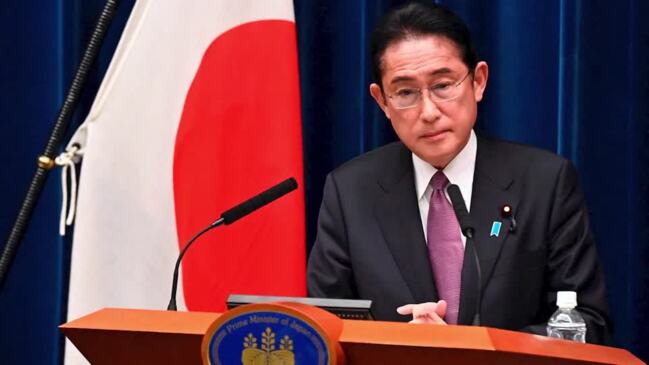
He said Japan’s Ground Self Defence Force, which lacked “real battle experience”, would also benefit from an increase in the tempo of exercises with Australia and the US. “I’m quite sure there is a lot we can learn from the ADF’s experiences,” Mr Yamagami said. “And another advantage enjoyed by Australia is your vast land area where they can engage in more sophisticated exercises.”
In an unprecedented year of bilateral engagement, Mr Albanese visited Japan twice, Japanese Prime Minister Fumio Kishida visited Perth, and the leaders met on the sidelines of the NATO summit in Madrid. Mr Kishida will also visit Sydney this year for a Quad leaders’ meeting.
Mr Yamagami said there was a “solid bedrock of mutual trust” between the countries, noting Japan’s reliance on Australia for 60 per cent of its coal imports, 40 per cent of its LNG, 90 per cent of its sugar and 40 per cent of its beef.
Japan’s dependence on Australian energy was so great the lights in Tokyo would “go dark” if the trade was interrupted, he said.




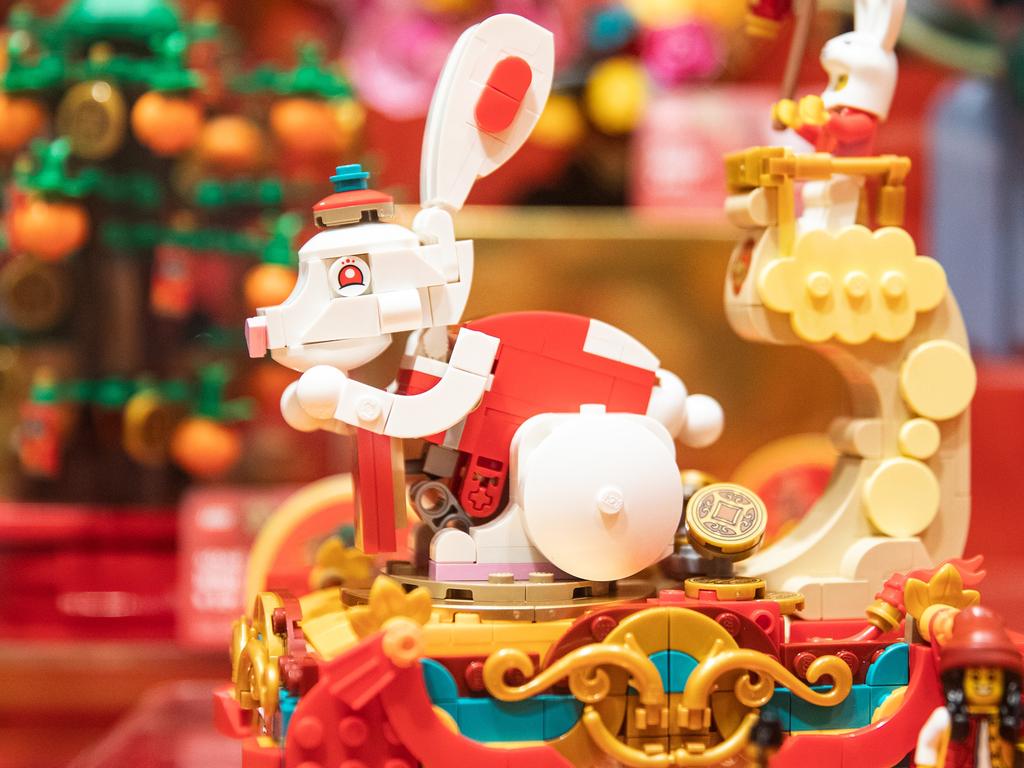
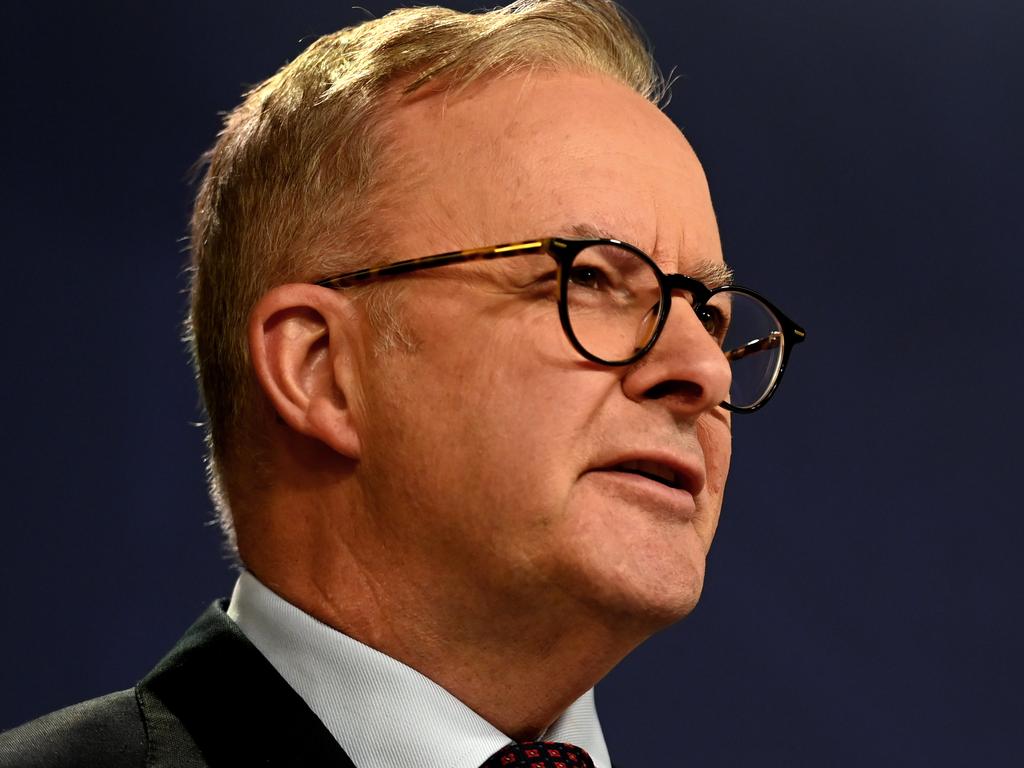
To join the conversation, please log in. Don't have an account? Register
Join the conversation, you are commenting as Logout